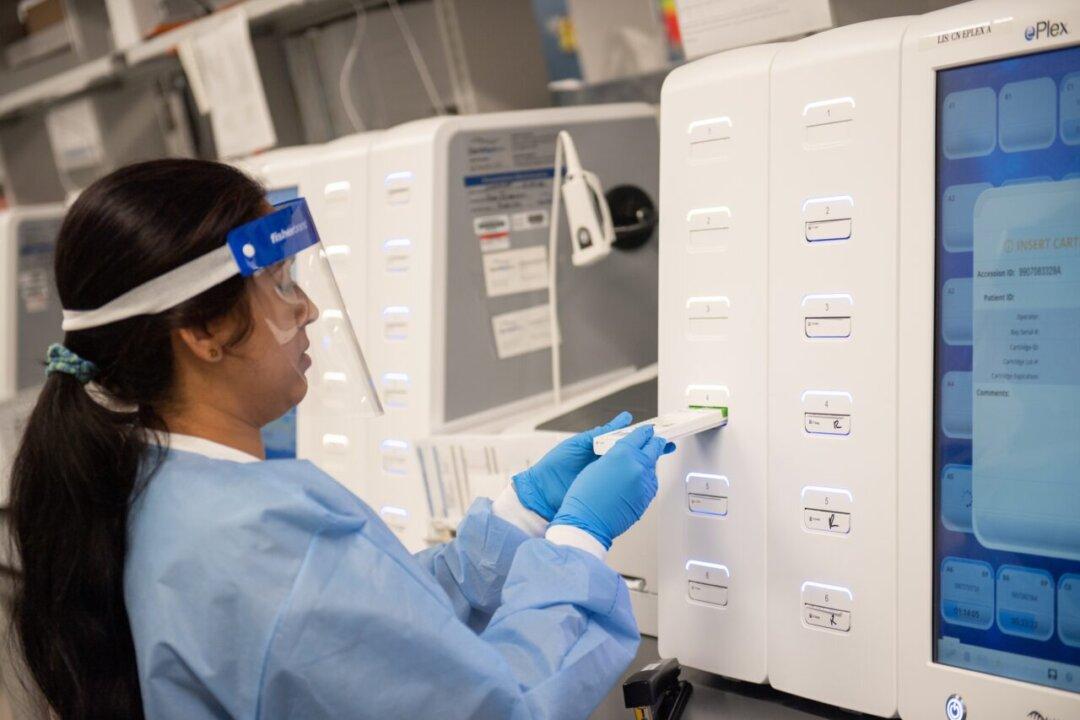Health care workers at the front-end of the COVID-19 response in New York City are working under extremely stressful conditions as the numbers of patients surge and resources dwindle.
Nurses at the Jacobi Medical Center in the Bronx alleged that they don’t have enough N95 masks and critical personal protective equipment (PPE) to handle the COVID-19 outbreak.





